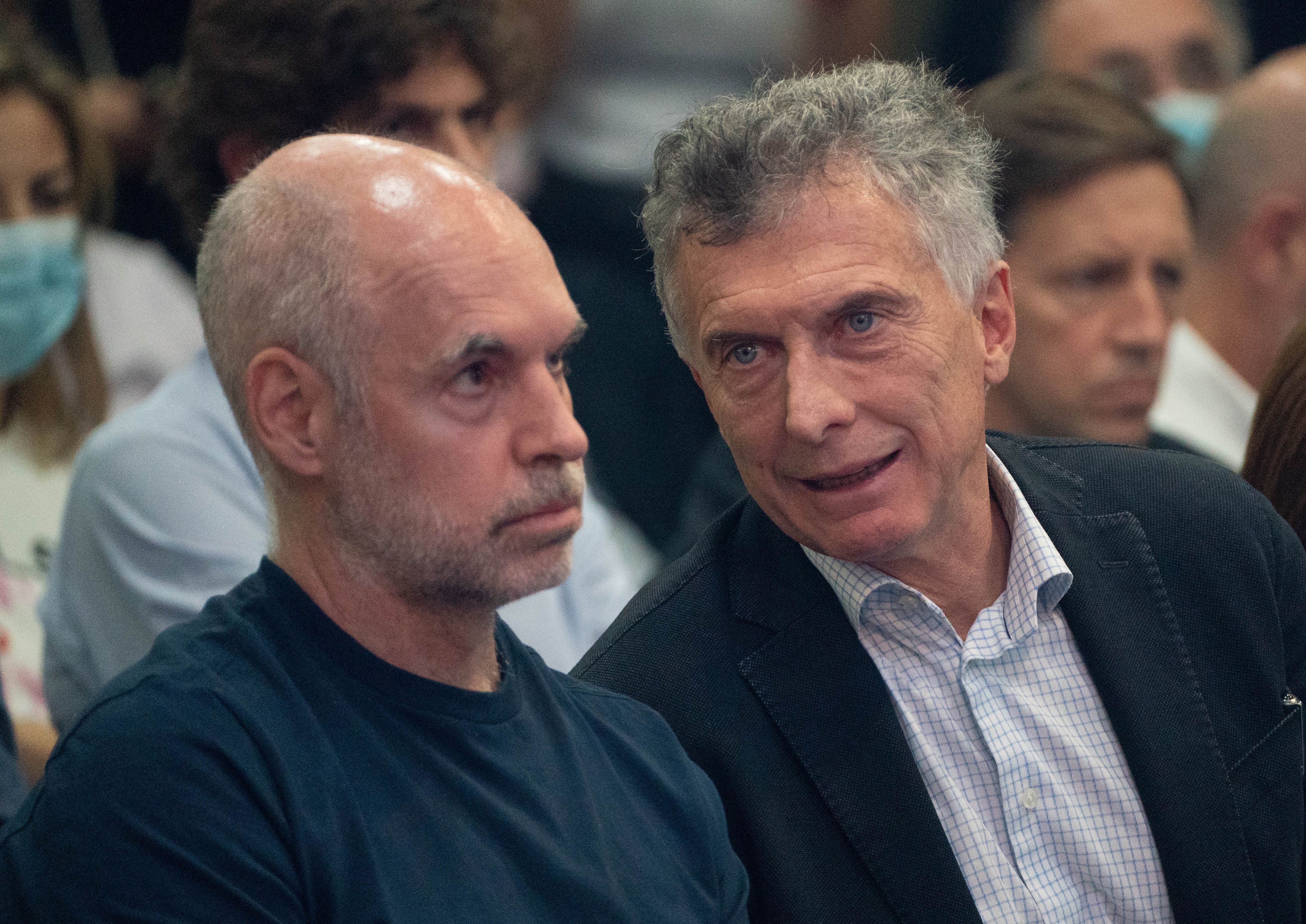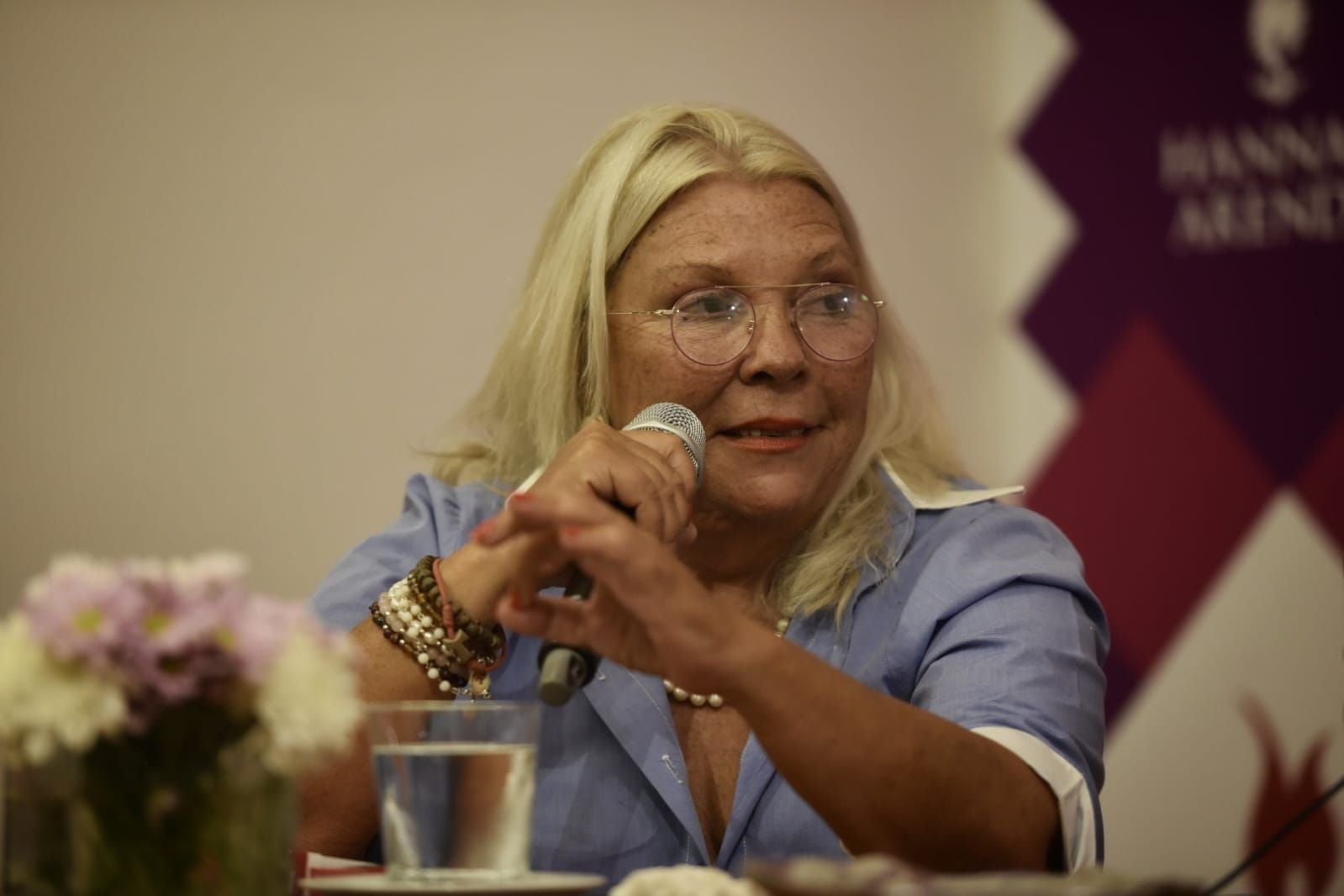
If after the Senate vote on the agreement with the International Monetary Fund (IMF) another stage of Alberto Fernández's government begins, for Together for Change it also represents the beginning of a different period. The opposition coalition showed a sign of maturity in helping to clear the much-feared scenario of default. And he was able to overcome the internal differences between “hard” and “dialoguists” with the formula of supporting funding, but not the official economic program.
Even so, the future of JxC is still full of unknowns. Not only about his eventual return to power in 2023, but about this cycle that opens from today until the next presidential election. The “hawks”, strengthened after last year's electoral triumph, play an important but not decisive role in the main opposition force today. And the salient fact is that they are losing positions that end up winning the “pigeons”. It's not coincidental. The UCR and the Civic Coalition (CC) lead the moderate sector, along with the “soft” wing of the PRO played by Horacio Rodríguez Larreta and María Eugenia Vidal.
This virtual majority in the National Table of Together for Change is novel and will trigger changes in the internal dynamics. This radicalism of Gerardo Morales, an ultradialoguist, friend of Sergio Massa and with a good relationship with Alberto Fernández, does not seem to be the same one led until December by Alfredo Cornejo, whose harshness before the Government makes him related to the “hawks” of the PRO.

Morales' pragmatism and moderation are associated with the same attributes of Rodríguez Larreta. The steps of both, not coincidentally, are conditioned by management in their districts, which forces them to negotiate and seek alternatives that are not the rupturists they fly, for example, Patricia Bullrich, the president of the PRO whose figure grew up in the polls because of her uncompromising profile, which she can feed thanks to her less at stake than the PvP figures who must rule a district.
In recent weeks, the counterweight exercised by the “hawks” influenced the decision of PRO legislators to leave the Chamber of Deputies precinct when Alberto Fernández criticized Mauricio Macri in the Legislative Assembly. And its harshness served to curb the strong accordist momentum of the UCR and the Civic Coalition when they debated the agreement with the IMF. So they were able to strike a balance. A virtue that was shaken this week when the “hawks” of the PRO installed in the media the proposal to threaten not to vote in the Senate on the understanding with the Fund if the government increased withholding. The alliance of radicalism and the CC managed to thwart the meeting of the National JxC Table last Monday where the “tough” were going to raise that extreme measure. And, at the same time, they kept their sights on the approval of the agreement with the Fund.
Moving forward, the “hawks” are likely to prevail again in domestic decisions as the adjustment implied by understanding with the IMF deepens and that the opposition will not be able to subscribe if it does not want to be beaten by 2023. But there is an unexpected problem for this sector: Mauricio Macri continues to act as the leader of the opposition, although his voice is one more in the national leadership of JxC and may lose even more influence as he disorients even his allies with attitudes such as that of travel to Italy for a bridge championship amid the worsening local crisis.

Nor does the flammable talkativeness of Elisa Carrió help a reliable opposition project, who reappeared 48 hours ago with criticism of her own allies at a time when Together for Change could - and should - be more united in the face of the growing breakdown of the Peronist coalition that governs the country. “I don't trust anyone today except the Civic Coalition,” he said. And it went even further: “I have been used. They look at me, but they don't listen to me, many care about the personal project. I have given a lot of advice, but then they do what they want, from that lack of respect I don't know how it turns out. I don't shut up anymore.” His friend Rodríguez Larreta, whom he accused of “having empathy with everyone”, was not even spared that laser beam gaze.
Can a coalition with aspirations to return to power survive if attitudes like those of Macri or Carrió are maintained? Can you win in the 2023 elections if you don't first define a system to resolve your differences in a non-traumatic way? Worse still: can a political sector in which individualism, zigzag leadership and suicidal syncericide weigh smoothly? Another stage begins for Together for Change. It won't be enough if you insist on doing more of the same.
KEEP READING:
Últimas Noticias
Debanhi Escobar: they secured the motel where she was found lifeless in a cistern
Members of the Specialized Prosecutor's Office in Nuevo León secured the Nueva Castilla Motel as part of the investigations into the case

The oldest person in the world died at the age of 119
Kane Tanaka lived in Japan. She was born six months earlier than George Orwell, the same year that the Wright brothers first flew, and Marie Curie became the first woman to win a Nobel Prize

Macabre find in CDMX: they left a body bagged and tied in a taxi
The body was left in the back seats of the car. It was covered with black bags and tied with industrial tape
The eagles of America will face Manchester City in a duel of legends. Here are the details
The top Mexican football champion will play a match with Pep Guardiola's squad in the Lone Star Cup

Why is it good to bring dogs out to know the world when they are puppies
A so-called protection against the spread of diseases threatens the integral development of dogs



